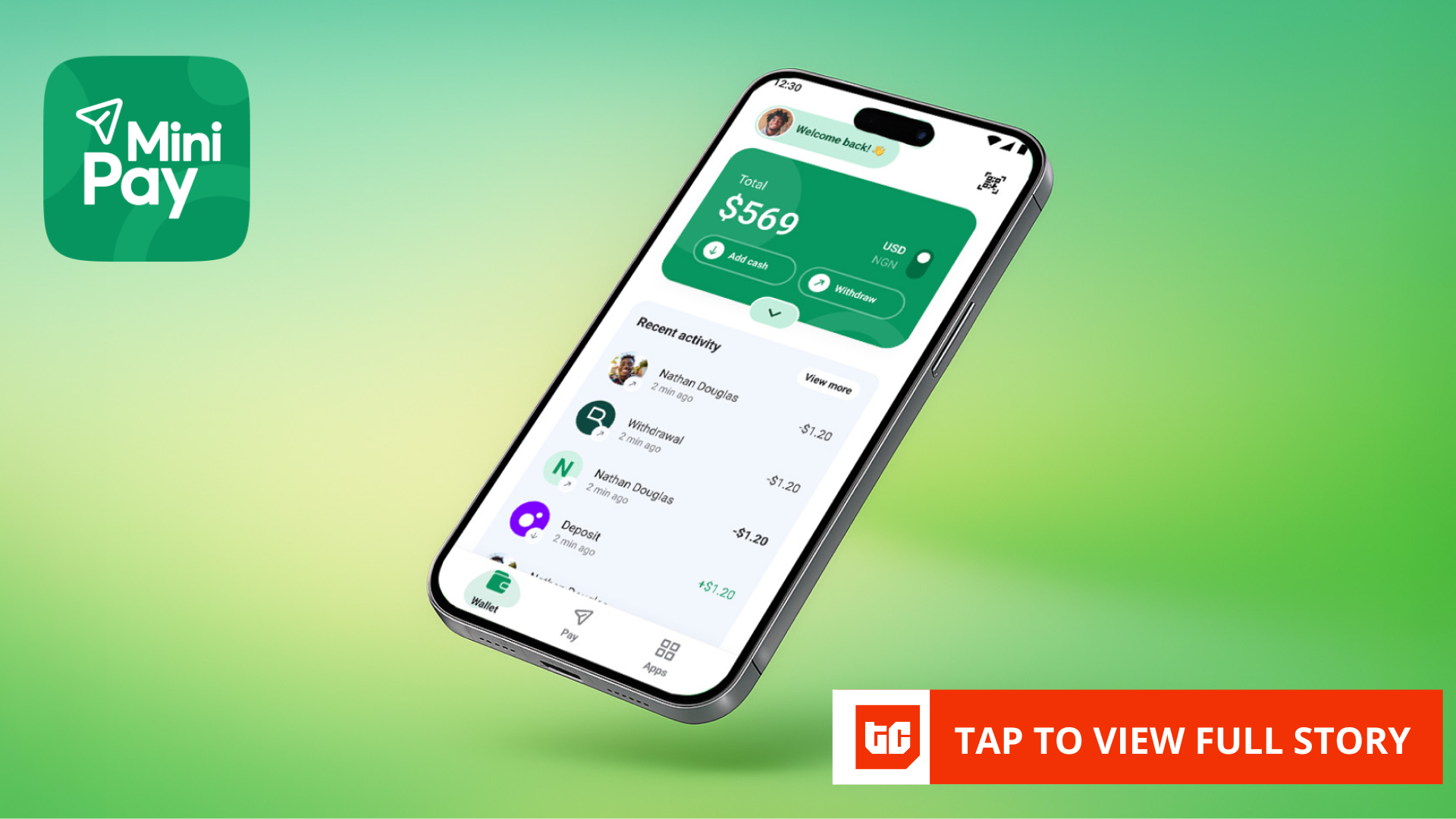Opera, the Norway-based internet company best known for its web browser, has launched MiniPay, its stablecoin payments app, as a standalone iOS app, opening access to users across Africa for the first time. The app was previously embedded in Opera Mini, limiting reach to Android users only. Opera joins a growing list of foreign players like Coinbase seeking growth in African markets as stablecoins gain ground globally.
Opera hopes to compete more aggressively in Africa’s fast-growing digital currency market, where stablecoins accounted for 43% of crypto transactions in 2024. With $125 billion in crypto payments flowing through the continent and stablecoins making up $54 billion of that, the company sees a growing appetite for dollar-backed digital assets as tools for everyday payments and savings in volatile currency markets.
“Stablecoins are gaining widespread recognition, with increasing demand from both developed and emerging markets alike,” a company spokesperson told . “In Africa, there’s a strong need for faster, more affordable, and accessible financial solutions.”
Opera says it wants to make global payments “as easy as texting.” It first launched MiniPay in September 2023, but it wasn’t until October 2024 that it built a standalone app for Android users. Now, Africans can access the app on iOS and Android smartphones.
“It made sense to launch the iOS and Android standalone app, making MiniPay accessible across all major mobile platforms,” said the company spokesperson. “We have seen rapid growth in key African markets, so the standalone app offers more flexibility and allows us to scale faster.”
Opera partnered with Celo in 2021 to build the MiniPay app on the Celo blockchain network. Celo is known for its fast settlement times, low-cost transactions—which cost less than a dollar for stablecoin payments—and mobile-first design capabilities.
The app offers M-Pesa and Apple Pay payments in key markets in Africa, like Kenya and South Africa, and Latin America (LATAM) to allow users to spend and withdraw money easily to their bank accounts. MiniPay plans to expand further in North America, LATAM, and Europe in the second and third quarters of 2025.
Globally, MiniPay has gained traction, with users creating over 7 million wallets. The app supports three stablecoins—cUSD (Celo US dollar), USDT, and USDC—and offers a $0.10 welcome bonus alongside daily cash rewards when users log in.
MiniPay operates as a non-custodial stablecoin wallet app, meaning it allows users to control their funds. The app does not handle fiat transactions directly; instead, it relies on partners and liquidity providers like Yellow Card, Fonbnk, Partna, TransFi, Transak, and Onramper for competitive exchange rates. According to Opera, MiniPay supports over 35 local currencies, making it easy for users to exchange their stablecoins for fiat money (off-ramping).
“As a self-custody solution, it is an unregulated software product and does not manage fiat transactions directly,” the company said. “MiniPay integrates with a range of regulated partners who serve as the on-ramps and off-ramps in their respective markets. MiniPay itself only facilitates transactions in dollar-denominated stablecoins (such as USDT, USDC, cUSD).”
Facilitating stablecoin trades means MiniPay will possibly be classified as a securities exchange in markets like Nigeria, requiring the app to be registered with the country’s Securities and Exchange Commission (SEC).
The regulatory aspect of MiniPay’s global march may draw attention to its ambition. In markets like Nigeria, where regulators are tightening oversight, Opera says its reliance on regulated third parties keeps it compliant. Yet, the app has no noticeable systems in place for Know Your Customer (KYC) verification checks, which could put it at risk of regulatory scrutiny.
“In all markets where KYC is required for fiat-to-crypto transactions, our on-ramp partners enforce their own KYC and compliance processes directly. MiniPay does not perform KYC itself,” the company said.
MiniPay is backed by a $40 million fund from Verda Ventures. The fund is a consortium led by the Opera Group and supported by Tether, JUMP, and Borderless as investors. The fund also supports startups building Web3 payment apps on MiniPay, including Mural and Pretium.
Opera says it plans to broaden MiniPay’s use cases over the next 6 to 12 months, with new features enabling payments for commerce, travel, and other decentralised finance (DeFi) services. The expansion is part of the company’s strategy to push stablecoins further into the mainstream and position MiniPay as a versatile platform for everyday transactions.










